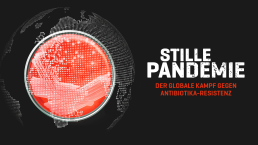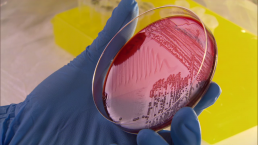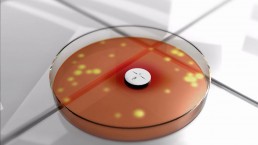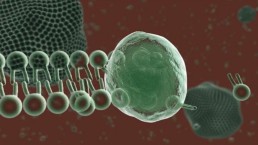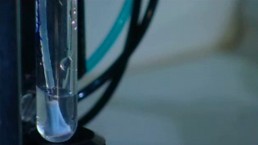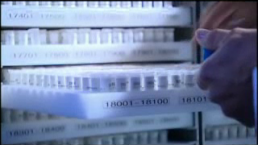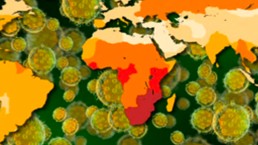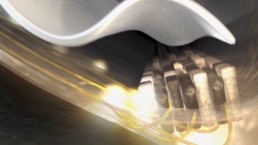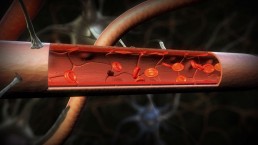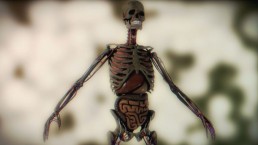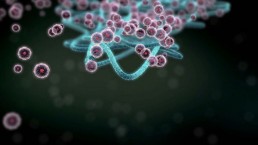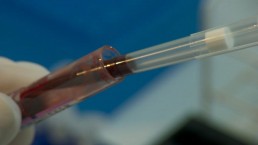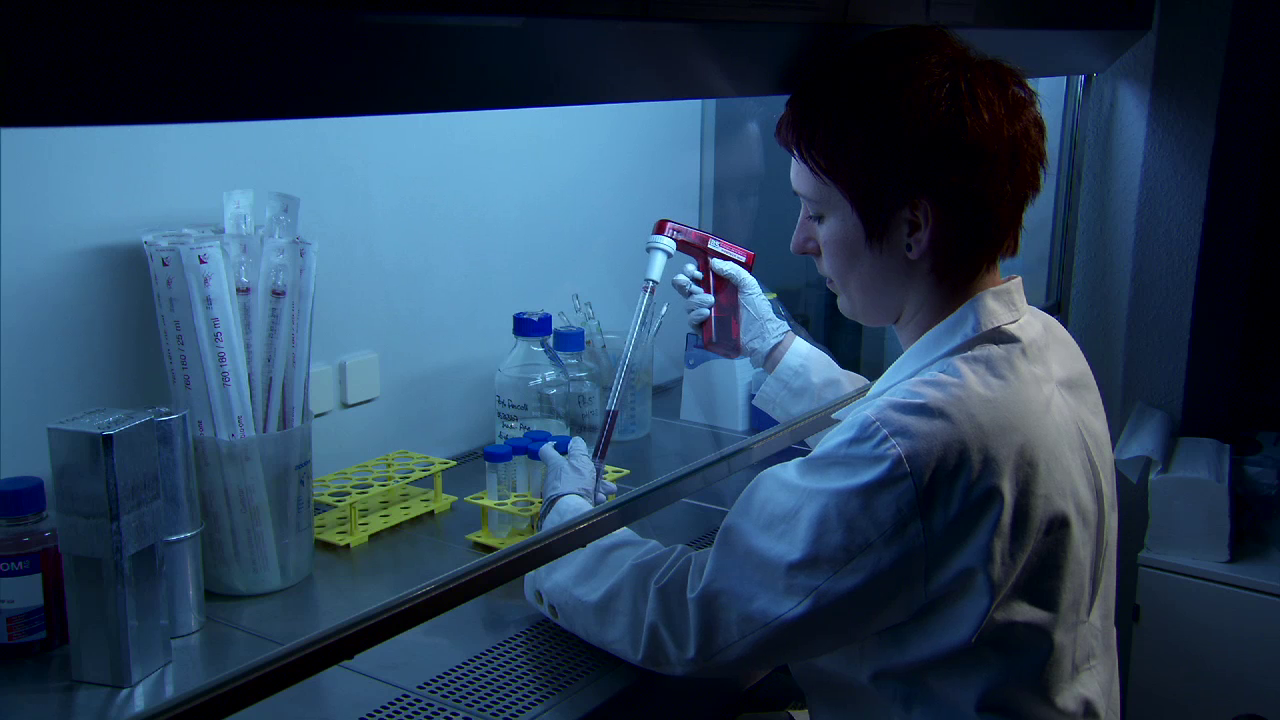
To establish biomarkers of human ageing, 26 groups in 14 European countries have joined forces in the "European Study to Establish Biomarkers of Human Ageing (MARK-AGE)".
The scientific background is as follows: The rate of ageing in humans is not uniform, age-related changes in body function or composition that serve as a measure of "biological" age and could predict the occurrence of age-related diseases and/or remaining lifespan are called "biomarkers of ageing". The MARK-AGE project is conducting a population study (3,700 subjects) to identify a range of biomarkers of ageing. The range of candidate biomarkers to be tested includes (a) "classic" ones for which data from several smaller studies have already been published; (b) "novel" ones based on current preliminary data; and (c) "novel" ones based on current research on mechanistic aspects of ageing.

